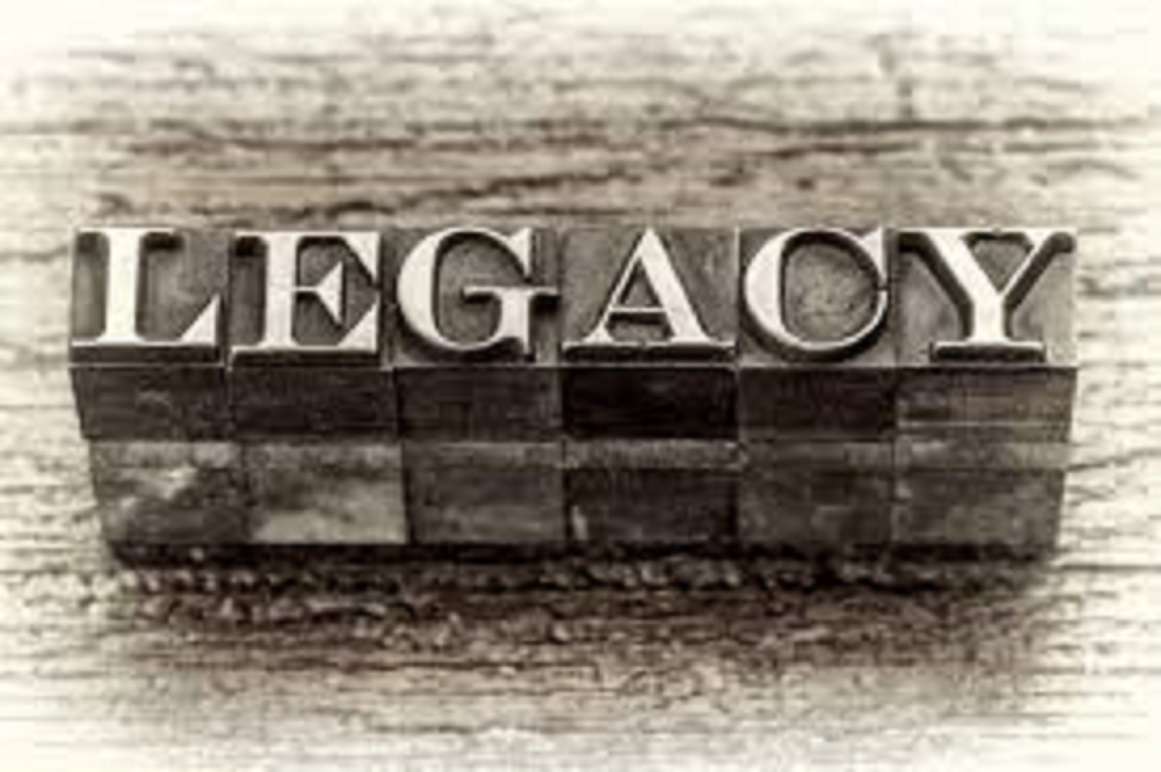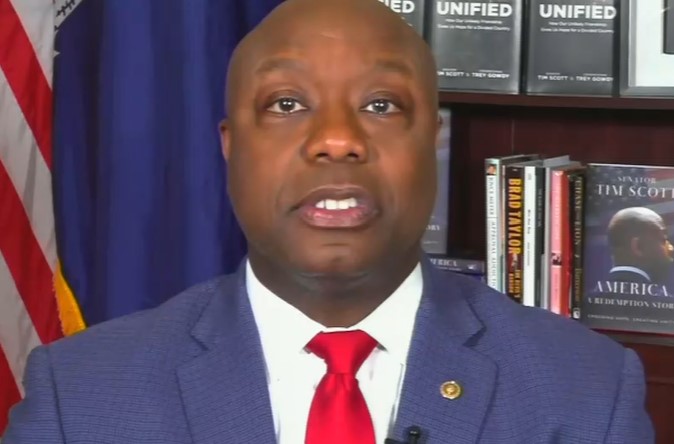In a current debate on the contentious subject of legacy preferences in faculty admissions, sociologist Roderick Graham and I discovered ourselves on opposing sides. Whereas Graham defended the usage of legacy preferences, citing causes similar to growing alumni giving and selling non-academic admissions standards like ideological and socioeconomic range, I took a agency stand towards this apply.
Legacy preferences, usually dubbed as “affirmative motion for the privileged,” have confronted growing criticism lately, significantly after the Supreme Courtroom’s choice to restrict the usage of racial preferences in faculty admissions. In my argument, I highlighted how legacy preferences are inherently unfair, as they reward some candidates primarily based on arbitrary ancestral circumstances past their management, quite than their educational advantage or potential contribution to the college group.
Opposite to Graham’s analogy equating legacy preferences with preferences for college kids with athletic or inventive talents, I emphasised the dearth of intrinsic worth in legacy standing as a criterion for admissions. Whereas athletic and inventive talents are tangible expertise that may enrich a college group, heritage standing primarily based on parental legacy doesn’t assure the identical.
Furthermore, I refuted the notion that legacy preferences contribute to ideological or socioeconomic range in a significant manner. As an alternative, I argued that such preferences perpetuate inequality by favoring candidates from privileged backgrounds and hindering the objective of selling merit-based admissions.
Finally, the talk over legacy preferences raises essential questions in regards to the values and priorities of instructional establishments. By critically inspecting the implications of such preferences, we will work in the direction of making a extra equitable and meritocratic system of school admissions.














